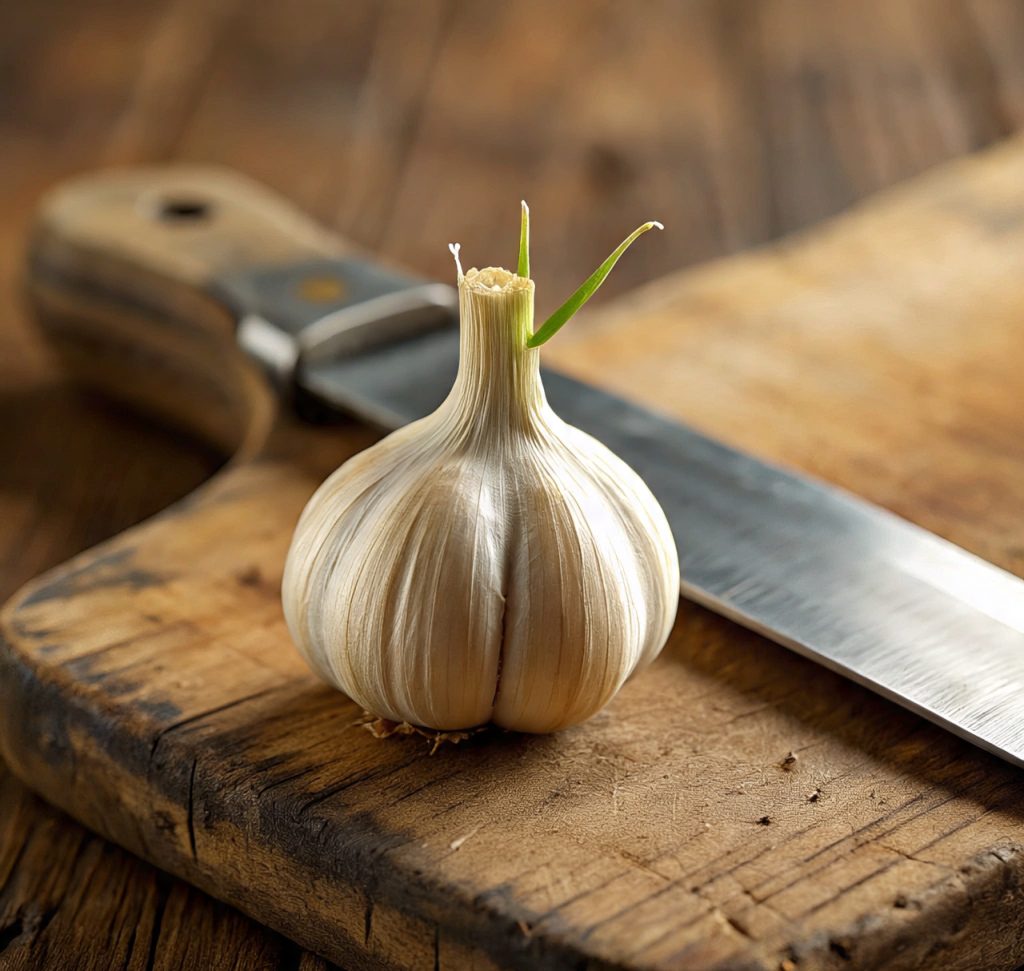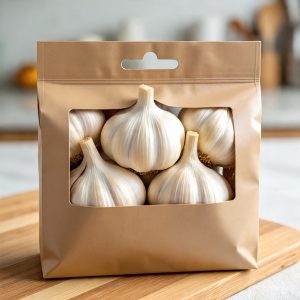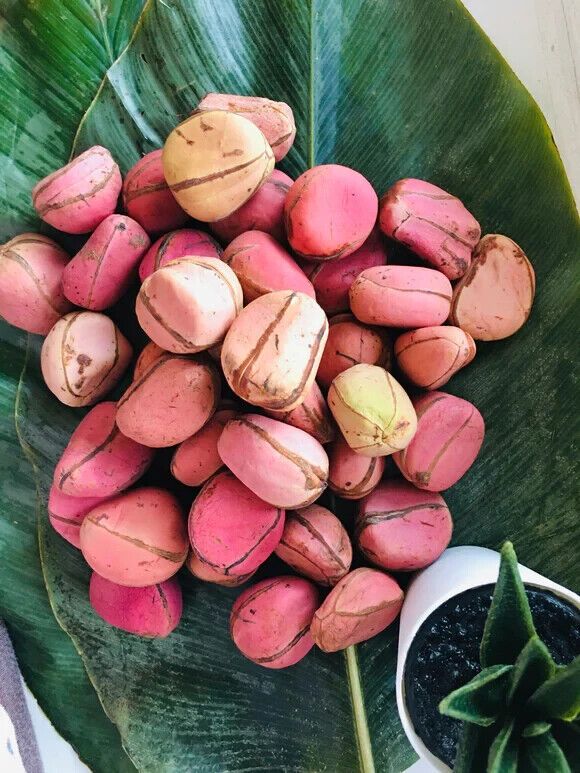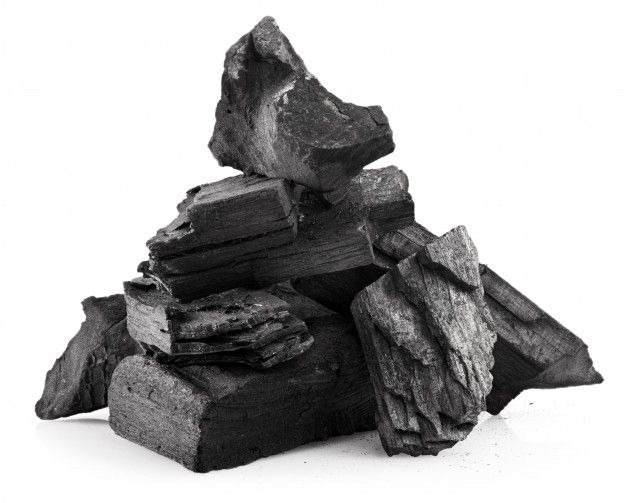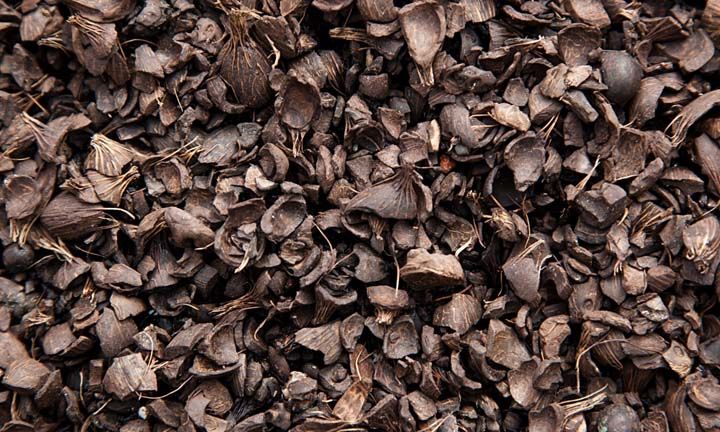What Garlic Is
Garlic (Allium sativum) is a bulbous plant widely used as both a food ingredient and a medicinal product. Known for its pungent flavor and aroma, garlic is a staple in cuisines across the world. It is also highly valued for its health benefits, including its antibacterial, antifungal, and cholesterol-lowering properties.
Garlic Export from Nigeria
Nigeria produces garlic in commercial quantities, particularly in states like Sokoto, Kano, Kaduna, and Plateau. The crop grows well in dry and cool climates with well-drained loamy soil. Nigerian garlic is prized for its strong aroma and flavor, making it competitive in the international market.
Exporters typically supply garlic in fresh, dried, or powdered form, catering to food processors, pharmaceutical companies, and wholesale markets abroad.
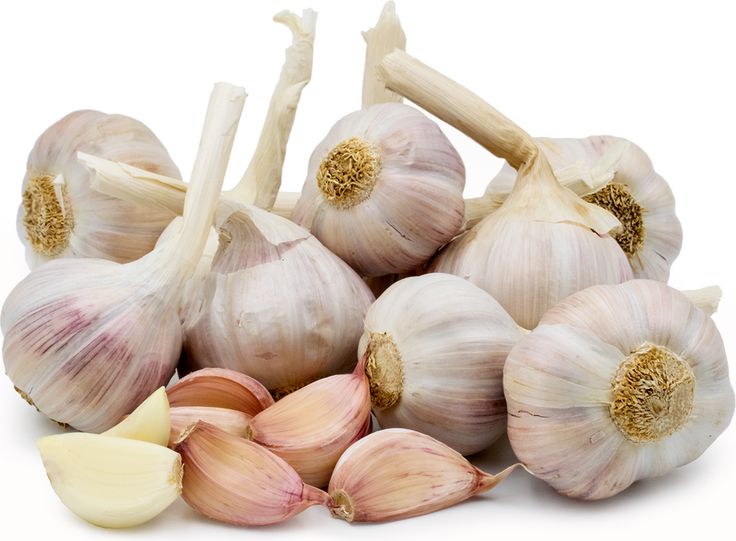
International Market for Garlic
-
Top importers: China, India, the USA, European Union countries, and the Middle East.
-
High demand regions: Asia, Europe, North America, and the Gulf states.
-
Garlic is in year-round demand due to its use in cooking, herbal medicine, and food industries.
Uses of Garlic
-
Culinary Uses
-
Flavoring in soups, sauces, marinades, and stews.
-
Ingredient in spice blends, seasonings, and pickles.
-
Processed into garlic oil, paste, and powder.
-
-
Medicinal & Industrial Uses
-
Boosts immunity and fights infections.
-
Lowers blood pressure and cholesterol.
-
Used in herbal remedies, supplements, and nutraceuticals.
-
Ingredient in natural pesticides and animal feed additives.
-
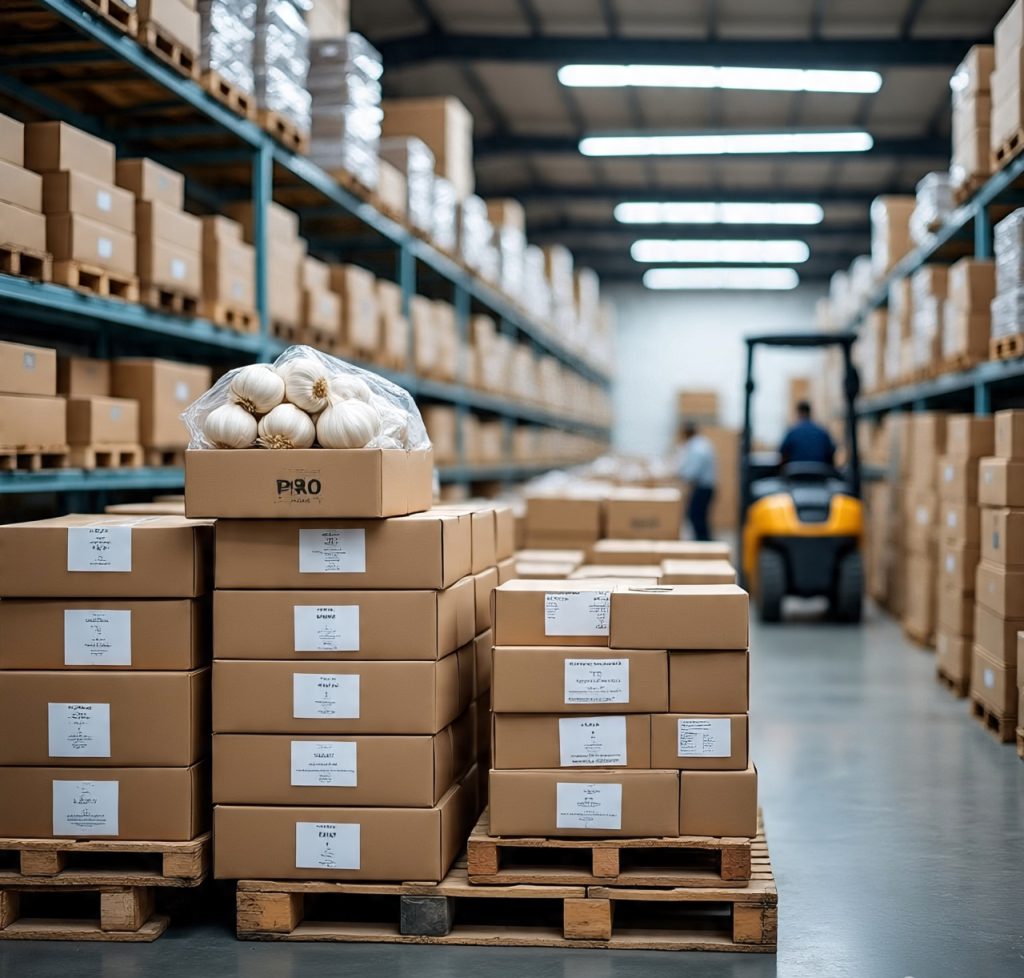
Export Specifications
-
Forms for Export:
-
Fresh Garlic (whole bulbs)
-
Dehydrated Garlic (flakes or granules)
-
Garlic Powder
-
Garlic Oil & Extracts
-
-
Quality Standards:
-
Clean, free from soil, pests, and disease.
-
Properly cured and dried to reduce moisture.
-
Bulbs well-sized (not broken or sprouting).
-
-
Packaging:
-
Fresh garlic: 10kg, 20kg, or 25kg mesh bags or cartons.
-
Dehydrated/powdered garlic: Sealed moisture-proof bags.
-
-
Storage & Shelf Life:
-
Fresh garlic: Store in cool, dry, ventilated areas (shelf life 3–6 months).
-
Dehydrated garlic: Can last 12–18 months if properly packaged.
-
Export Process
-
Sourcing: Buy directly from farmers or local markets in garlic-producing states.
-
Processing: Clean, grade, cure, and package according to buyer’s requirements.
-
Quality Certification: Ensure compliance with international food safety standards (HACCP, ISO, SON, NAFDAC, phytosanitary certificates).
-
Shipping: Export via sea freight (containerized in ventilated containers) or air freight for faster delivery.
HS Code for Garlic
-
07032000 – Fresh or chilled garlic
-
07129020 – Dried garlic
-
09109100 – Garlic powder
UK & International Market Demand
-
The UK imports thousands of metric tons of garlic annually, mostly from China and Spain, but African garlic is gaining recognition for its strong flavor.
-
Nigerian exporters can tap into niche markets looking for organic, non-GMO, and naturally grown garlic.
-
Increasing demand in ethnic food markets in Europe and America.
Conclusion: Garlic export offers huge opportunities for Nigerian exporters due to its wide usage, high global demand, and health-driven consumption trends. With proper processing, quality assurance, and targeted market entry, exporters can build profitable and sustainable trade in garlic.

